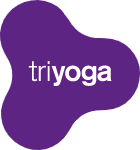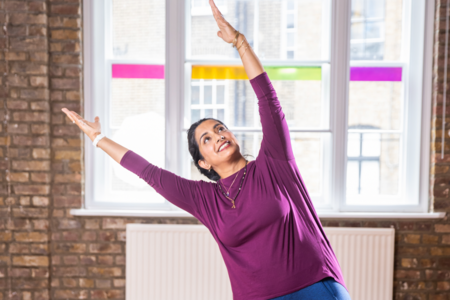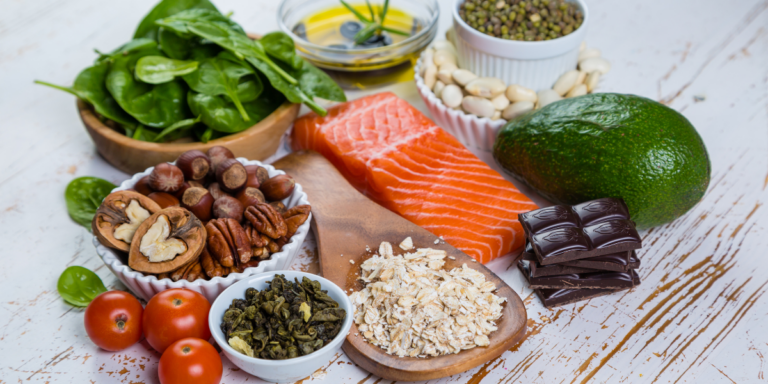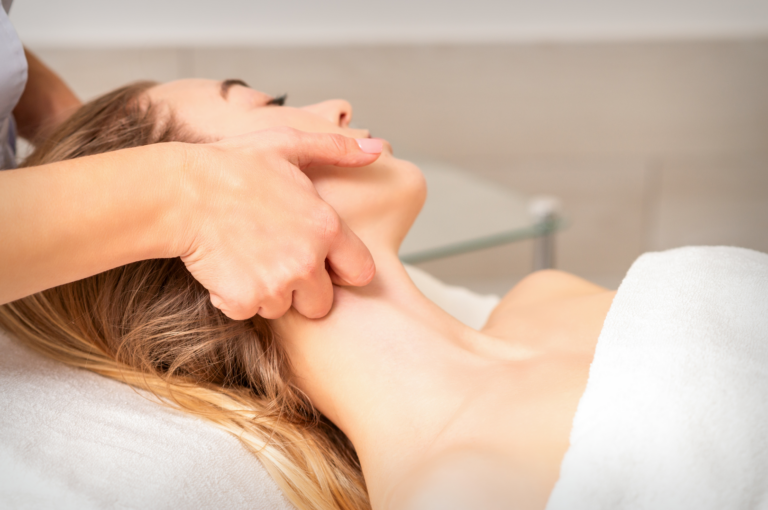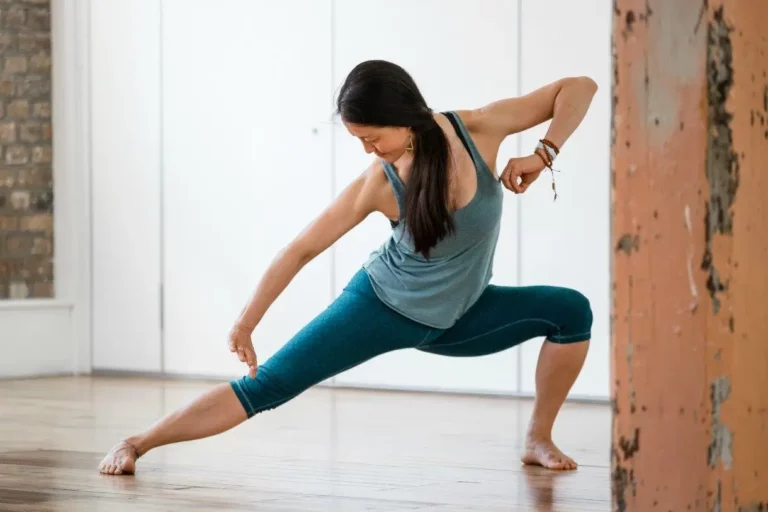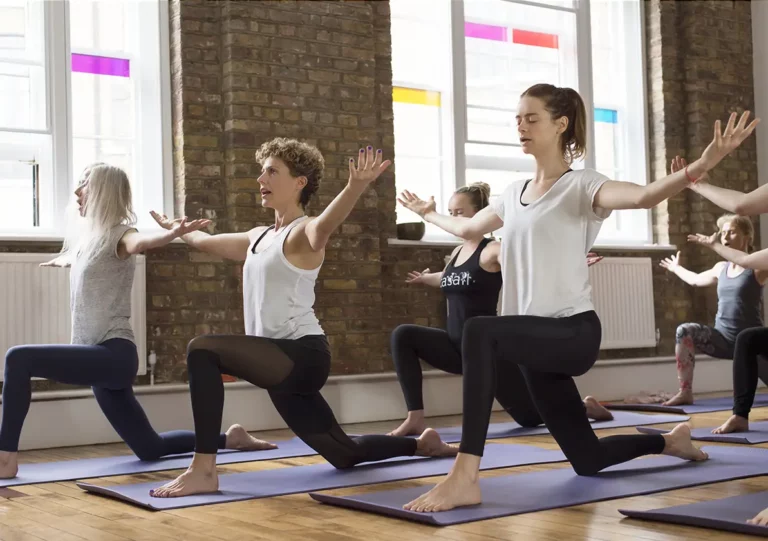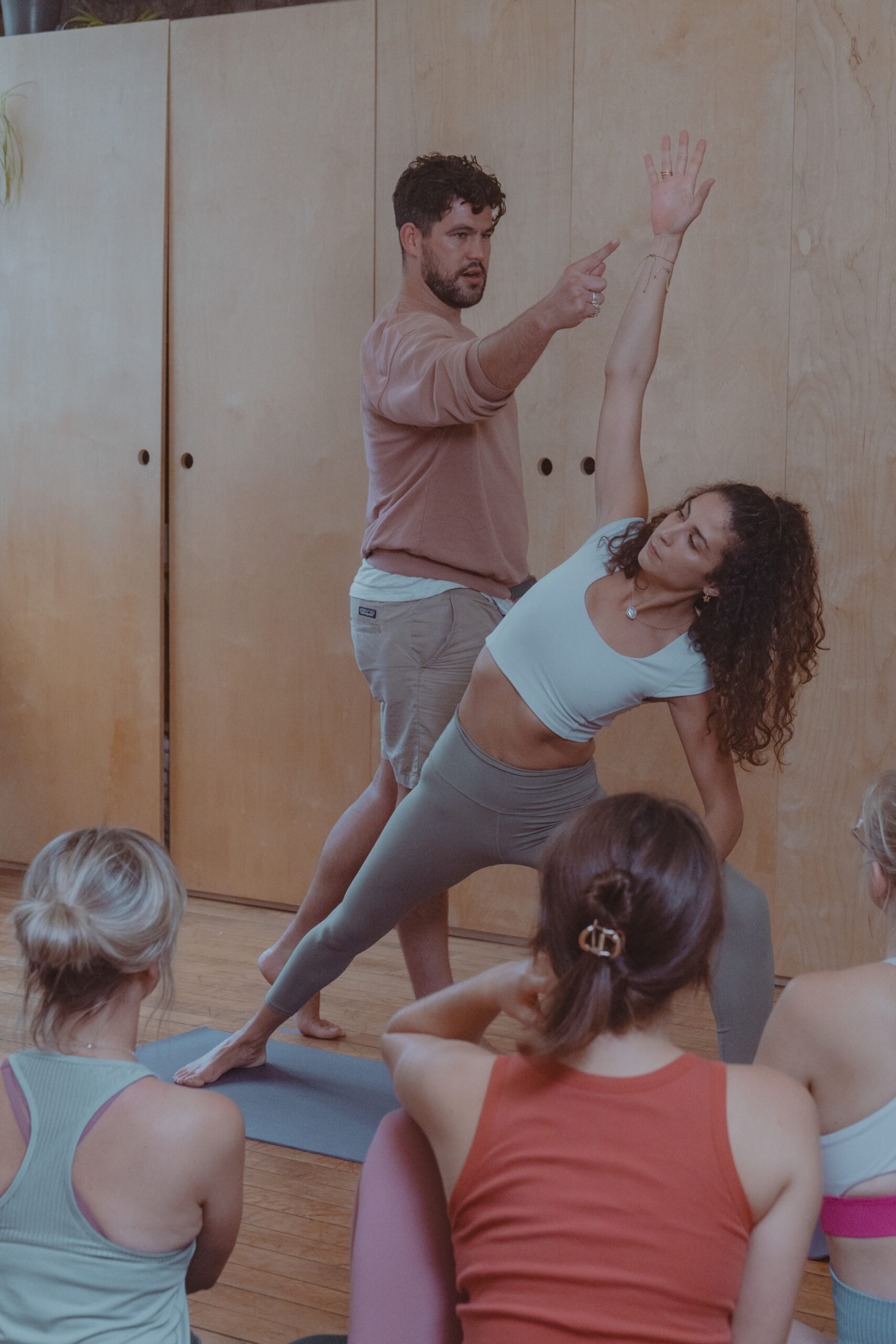“Wear gratitude like a cloak and it will feed every corner of your life” ~ Rumi
Gratitude is the tendency to appreciate the positive things in life and is associated with a wide range of positive health outcomes. Whilst some of us are predisposed to notice and appreciate positive experiences and kindnesses in everyday life, we can also train ourselves to be more grateful and ‘thankful for the little things’. Exercises to increase our sense of gratitude have become increasing popular, both because they are effective in creating a positive mindset and they are quick and easy to do. Aligned with positive psychology’s focus on studying and promoting human flourishing, research on gratitude interventions has increased in recent years. Typically, these involve participants engaging in brief exercises to cultivate a sense of gratefulness (see some examples below).
What are some of the positive effects of gratitude?
Gratitude activities have been found to boost short-term mood and increase psychological and physical wellbeing:
Wellbeing: One of the most consistent findings, is the relationship between gratitude and psychological wellbeing. Practising simple gratitude exercises, usually over a number of weeks, leads to increases in wellbeing, life satisfaction, and mood. Gratitude may also have a protective or self-regulatory function by encouraging greater compassion and less critical thinking towards self and others.
Improving sleep: Several studies have found that gratitude exercises improve sleep quality and duration. In particular, making a ‘gratitude list’ before bed may engender more positive pre-sleep thoughts and help us to feel more relaxed.
Physical health: People who have higher levels of gratitude report better physical health and engage in more positive health behaviours (e.g. physical activity), but can we improve our health by practising gratitude? The jury is still out. There is some evidence that gratitude journaling can reduce inflammatory markers and reduce blood pressure, but we still have some way to go to understand the potential impact on physical health.
How might it work?
Given the simplicity of exercises to increase our appreciation of everyday experience, how might we understand their potent effect on our wellbeing? According to Barbara Fredrickson, a researcher in the US, we have an evolutionary bias towards paying attention to negative emotions. In fact, she argues that we have a tipping point where we need three positive emotions or experiences to balance out each negative emotion. We are all familiar with how a negative comment can affect us all day, whereas we barely notice a compliment. Her research focuses on ways to authentically create a positive mindset by being curious, open, and appreciative (watch this video with Fredrickson). Gratitude exercises are an easy and enjoyable way to shift our mindset and increase our psychological resilience, leaving us more able to deal with stress and bounce back from adversity.
Others suggest that increasing gratitude and positive emotions may have a more direct effect on physical health through supporting biological functioning (e.g. reducing inflammation) and through health behaviours (e.g. improved diet).
Practical steps: How can we increase our sense of gratitude?
Regularly paying attention to the things we feel grateful for makes it a more automatic process which can shift our mindset, rather like exercising a muscle. Instructions for gratitude practices typically invite a reflection and appreciation of “simple everyday pleasures, people in your life, personal strengths or talents, moments of natural beauty, or gestures of kindness from others”. There are a wide range of different exercises so experiment to see what works best for you.
Gratitude lists: one of the most popular techniques involves writing a list of the things you feel grateful for or keeping a gratitude diary. There’s lots of different ways you can play around with this – in many studies, participants are asked to write down five things several times a week. In my psychology classes, I often ask students to spend a minute writing down all the things they feel grateful for – and it’s great to find the list at a later date when you need a boost!
Expressing gratitude to others: writing a letter of appreciation to friends or family members who have done something for which you feel grateful (you don’t even have to send it in order to reap the benefits).
Gratitude meditation or visualisation: there are many guided gratitude meditations widely available that help to increase our awareness and appreciation of the people and things in your life you are grateful for.
Like many activities, regularity is important. Small but regular boosts to wellbeing may actually be the most powerful way to increase our longer-term wellbeing. For greatest effects, practise daily or at least 3-5 times per week. It also requires reinforcement – stop and the positive effects will abate. Mind-body practices such as yoga or mindfulness have also been found to cultivate grateful mindsets, encouraging greater compassion and appreciation in the present moment. Thus, to build a positive mindset and support your long-term psychological wellbeing, focus regularly on building positive emotions such as gratitude and doing activities that you enjoy – practising yoga, connecting with others, and being more mindful in your everyday life.
Thank you for reading!
Dr Tina Cartwright is a Chartered Health Psychologist and Reader at the University of Westminster, where she runs the MSc Health Psychology programme. Her research focuses on understanding people’s experiences of living with long-term physical and mental health conditions and improving healthcare provision. ⠀
